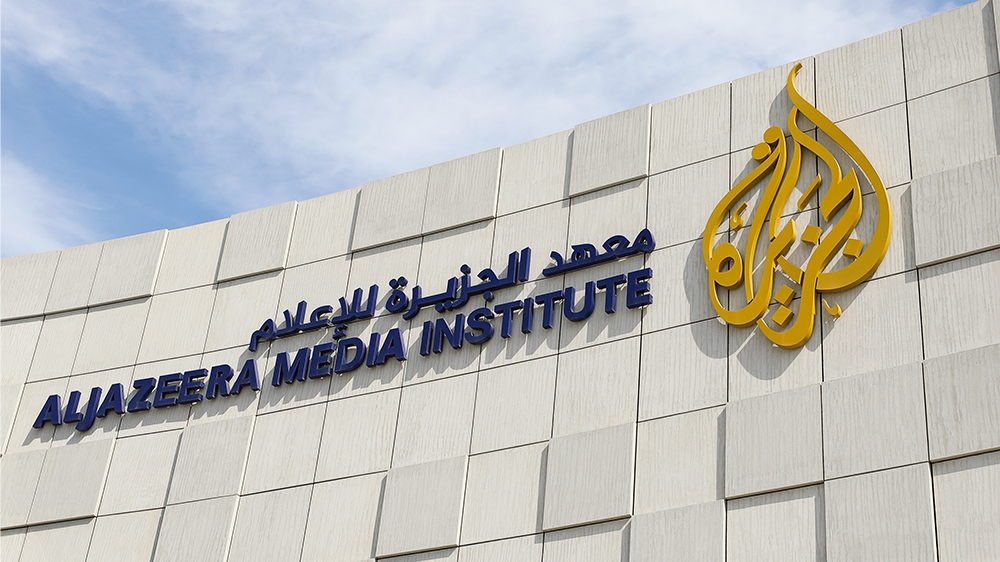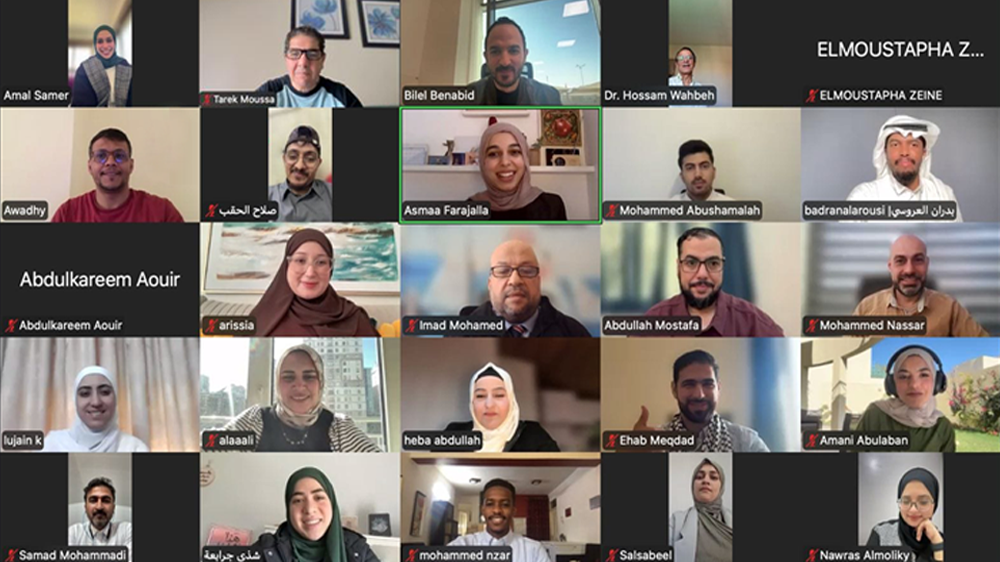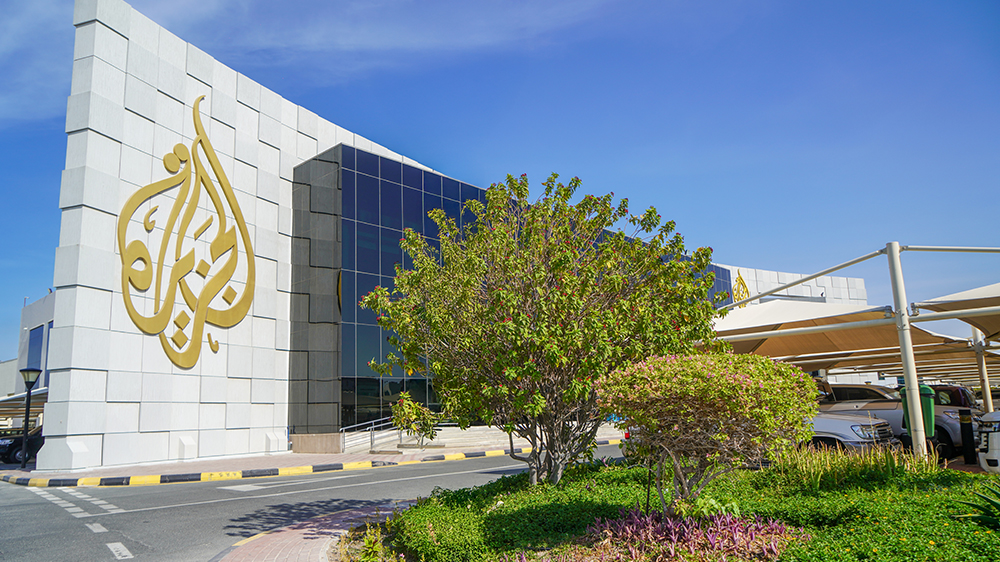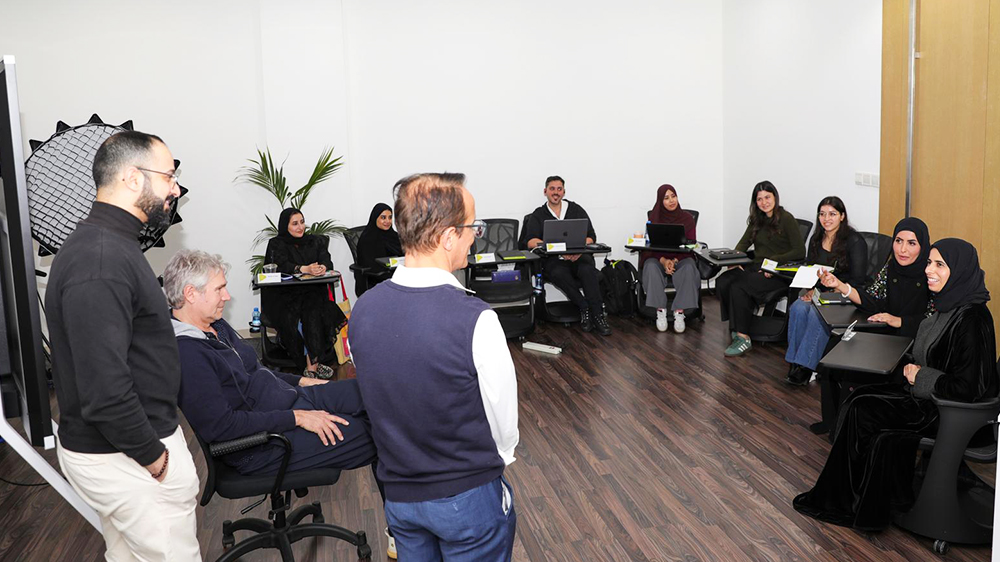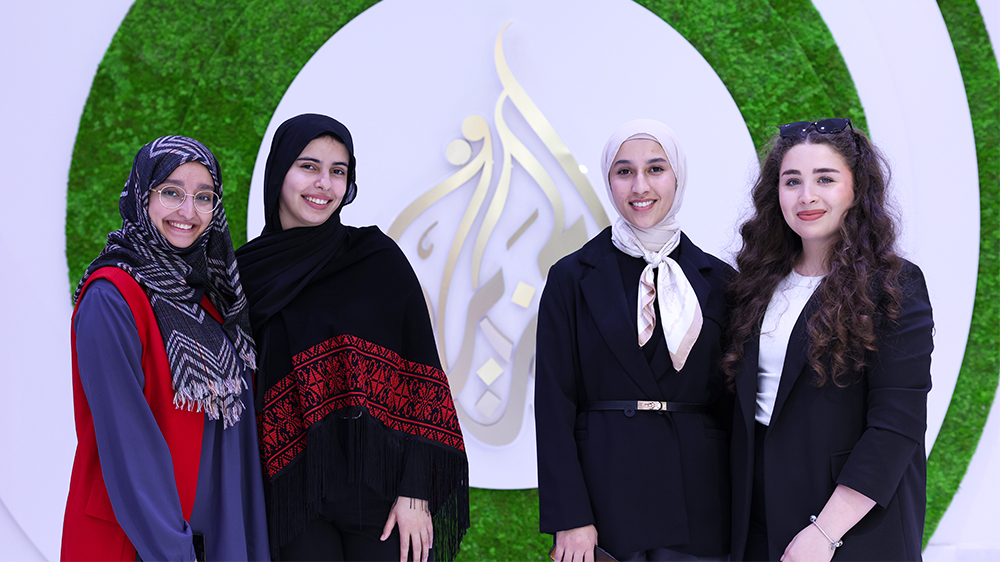News & Events
AJMI organises a lecture on journalism and international humanitarian law
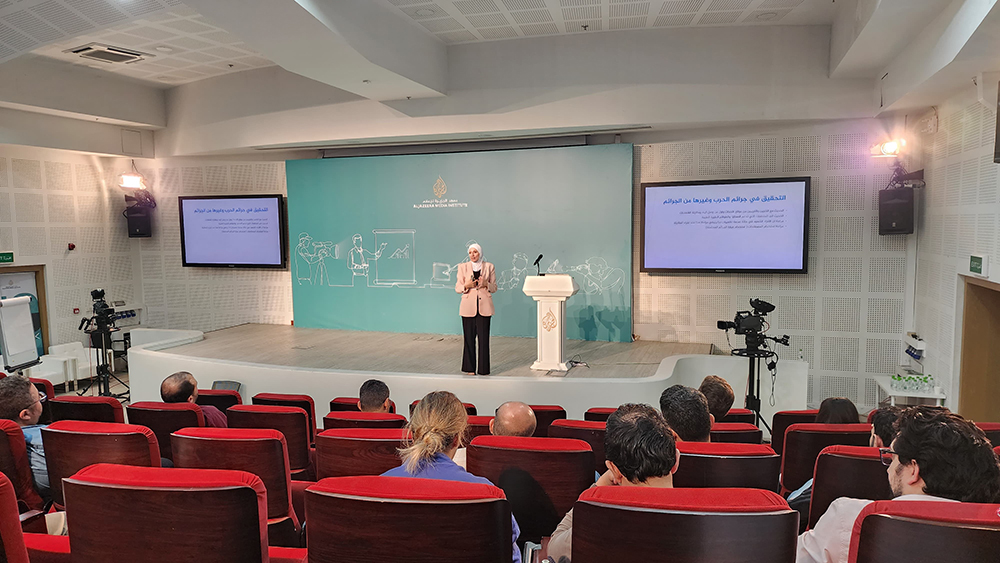
AJMI - Doha
On Wednesday, November 8, Al Jazeera Media Institute organized a lecture on Journalism and International Humanitarian Law, targeting Al Jazeera Media Network employees, as part of the Institute's efforts to enhance awareness among journalists and to highlight the importance of learning about international humanitarian law and its details in the light of what is currently taking place int the region.
The lecture, which was held at the Institute's theater, explained the international humanitarian law and its dimensions and the urgent need of journalists to know some of its articles that contribute to their protection while covering conflicts, especially armed ones and the role of journalists in documenting violations and investigating war crimes, and their need to also know the differences between war crimes, genocide and crimes against humanity, and to identify the role of journalistic investigations in cases of using banned or internationally prohibited weapons.
This lecture was presented by trainer Hala Ahed, legal lawyer and human rights defender, winner of the 2023 Front Line Defenders Human Rights Award.
Regarding the importance of this lecture, Ahed said that "journalists play an important role in documenting the crimes committed by the occupying forces in Gaza, given their presence on the ground and their ability to access targeted sites, witnesses, officials and medical teams. For this reason, many human rights organizations concerned with monitoring and documenting violations rely on those journalists as reliable sources."
She also stressed on the importance of adhering to professional and continuous media coverage in a way that makes that coverage capable of contributing to changing policies and attitudes. This requires journalists to be aware of the concepts and principles necessary to understand the violations committed, the issues that should be focused on and covered and the questions that can be asked to expose these violations, according to Ahed.
